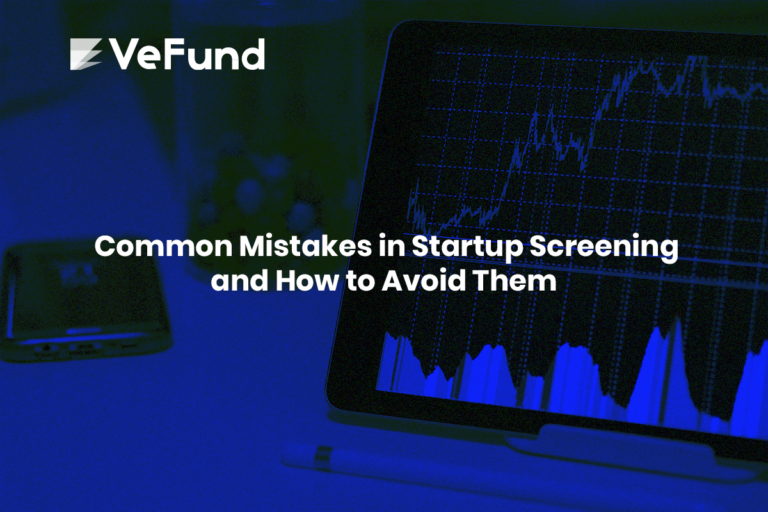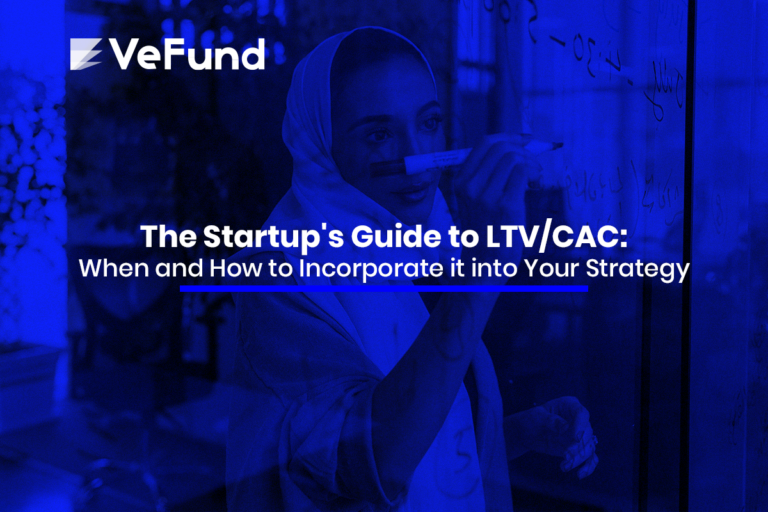Three Common Investment Types in Early-Stage Startups
As you most likely know, investment in startups is not as smooth as giving money away. A lot of negotiation and paperwork take place for a successful, stable investment to happen.
Startup investment instruments have gone, and still going, through major innovative development. With every new instrument, the goal is to make the process as lean and fast as possible. Neither the founder nor the investor wants to spend their time on large paperwork that requires lawyers. This is why every innovative instrument offers a leaner solution while keeping conflicts to a minimum.
In this article, we will explore each of the three most common investment instruments in chronological order. Keep in mind that all three are in use nowadays. The main difference is each new one takes less negotiation and time than the other.
Investment Instrument 1: Equity Round
The equity round is the most direct, classical investment instrument. Investors provide the cash to the startup and receive their part of the equity right away according to this formula:
Investor’s ownership percentage = Investment amount / (Company pre-money valuation + Investment amount)
Because the investor will get their equity share right after signing up, the startup and investor have to negotiate and settle on all necessary details in the equity round process. Most times, this requires the help of lawyers.
Terms Typically Negotiated in Equity Rounds:
- Company Valuation.
- Pro Rata Rights.
- Right to Appoint Directors.
- Drag-along Right Rights.
Because these agreements are costly in time and money, sometimes higher than the funding amount, investors and founders tend to delay this process as much as they can and seek other investment instruments.
Investment Instrument 2: Convertible Notes
Convertible notes are loans given by investors to the startup. These loans can be converted to equity at a specified date, usually in conjunction with a future equity round for the startup.
Convertible loans are a way to delay the equity negotiations for later. This is what typically happens:
1. The investor gives the startup the loan.
2. The loan accumulates interest over time.
3. The investor converts the loan to equity at maturity or the future funding round.
As you concluded, terms negotiated for convertible notes are way less than equity rounds. One major delayed negotiation is the valuation of the company. Instead of conducting a detailed, thorough valuation, investors and founders agree on a valuation cap. The valuation cap is the maximum price per share the investor would convert their loan at.
Investment Instrument 3: SAFEs
Developed by Y Combinator back in 2013, the Simple Agreement for Future Equity (SAFE) is currently the easiest and cheapest option for equity investing.
The SAFE provides the “right” for investors to purchase company stocks upon the next funding round. Unlike convertible notes, it is not a debt instrument. This means no interest is applied to the fund, which is not something the typical investor cares about. Generally, equity investors expect to profit as a result of the company growing in size.
The SAFE agreement is standardized and can be accessed and used by anyone on the Y Combinator’s website. This makes the agreement easier for both the investor and founders:
- The legal fees are cheaper because of the standardization.
- Negotiation is needed only on two points:
– valuation cap: the maximum price the investor will convert to equity at.
– discount rate: applied discount on the future price for being an early investor.
Conclusion
In the very early stages, there is generally no need for investors and founders to go through the tedious process of an equity round. Equity rounds make more sense and are essential when there is a large amount of money involved.
For early and small check sizes, convertible notes and SAFEs are more efficient and work similarly in reality, with SAFEs being the more relevant and cheaper option.







